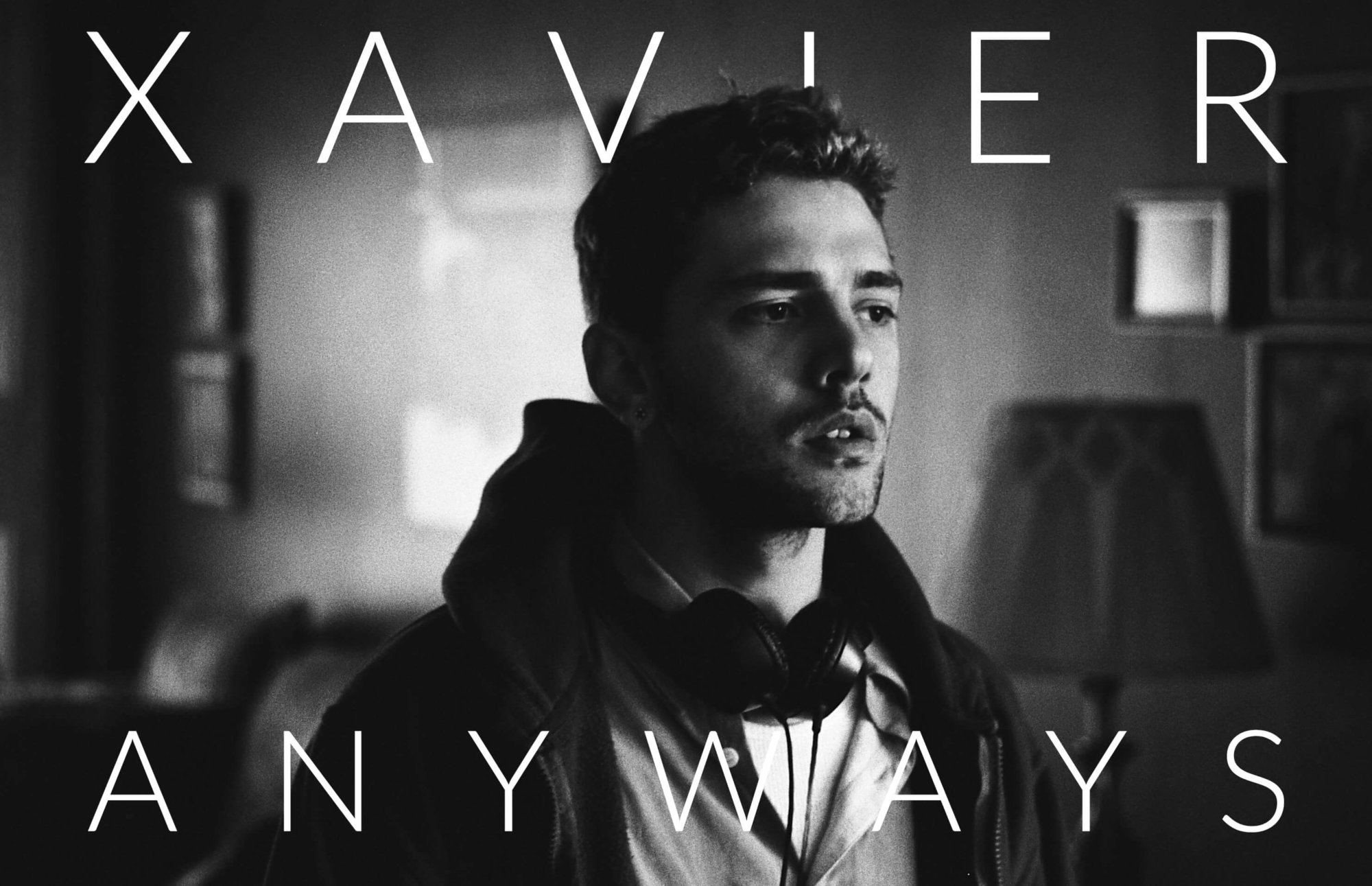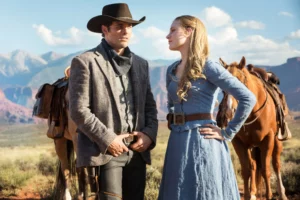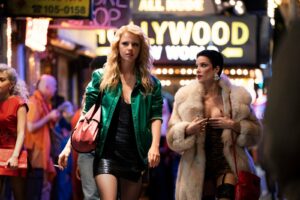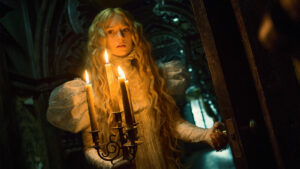Born and raised in Montreal, Quebec, Canada, he can direct, he can edit, he can screen-write; he’s got this funny, huge obsession about Leonardo DiCaprio; he’s recently closed his Twitter account due to some “hateful debates,” but decided to keep his Instagram feed alive to “focus on what matters: Harry Styles’ outfits on tour;” he’s only 29 and already made six critically acclaimed, award-winning movies; his seventh (and latest) production, “The Life and Death of John F. Donovan,” has recently premiered (in French theatres). Who am I talking about? The one and only XD, Xavier Dolan.
They call him the “enfant prodige” and perhaps there’s no one, in our lifetime, who could deserve that kind of reputation better than him. Xavier was 16 when he wrote his first movie, 20 when he won his first (three) awards at the Cannes Film Festival, 23 when he gained the FIPRESCI (Fédération Internationale de la Presse Cinématographique) award at the Venice International Film Festival, 25 and 27 when two of his movies got an Oscar nomination as Best Foreign Language Film.
Xavier’s early fame and international recognition come from the undeniable truth that he’s not only a skilled director and a brilliant screenwriter but also a fully-fledged artist. His movies are the final product of a collision between paintings, music, photographs, with a hint of personal memories, some splashes of multicolored paint dripped on to a blank canvas, that make his cinematic style one of a kind.
“Honestly music is often the inspiration, and comes before the script or the story. After hearing songs, I will see images and visualize scenes or moments in a story. And that’s often how I start to write. […] Once I’ve written the script, I prepare by researching imagery in photography or painting books, or even magazines. […] I gather all these images that really inspire me and I go to this photocopy center where they know me; I sometimes feel I’m their worst nightmare. I walk in with suitcases full of books that I’ve marked with notes and post-its. I bring all that out and they scan them and send me PDFs before printing them. Then I divide the images into categories, whether it’s for characters, locations, or costumes. […] I make copies for everyone on the film, maybe twenty copies in all. So everyone gets an idea of what I’m seeing for the movie.”
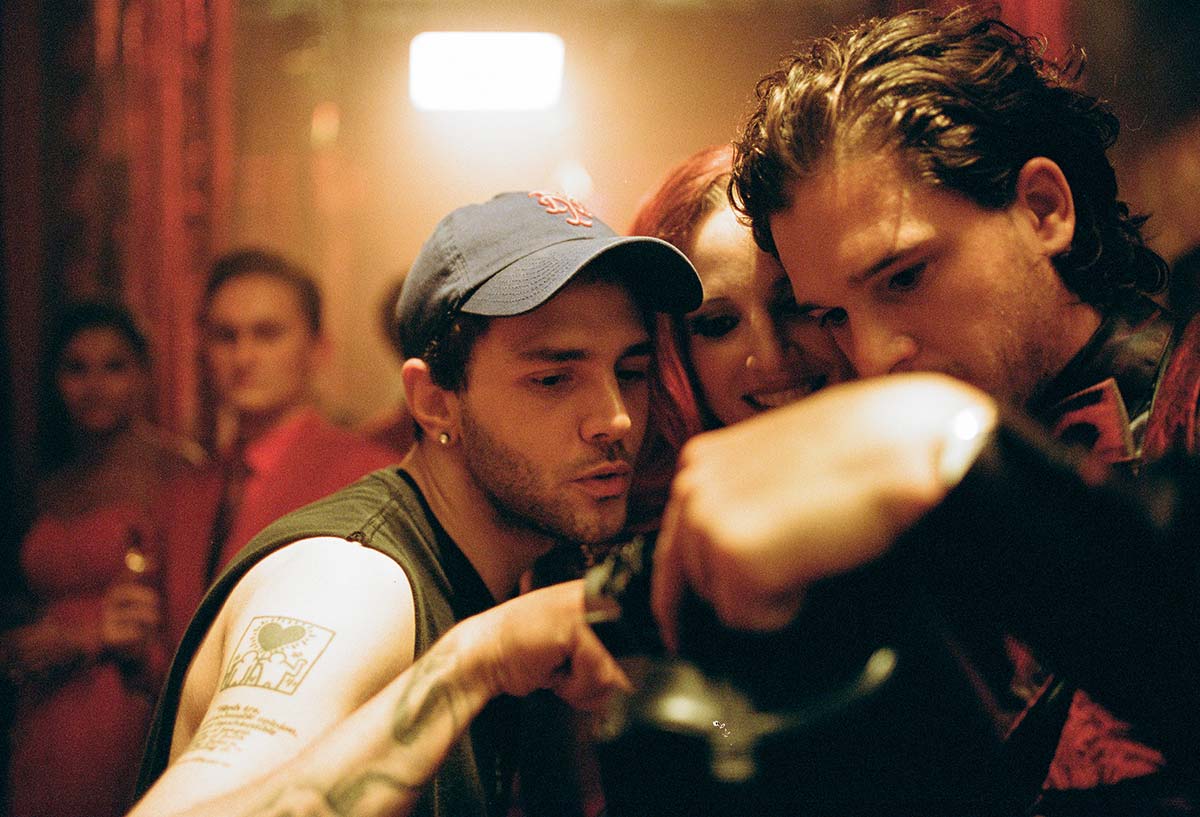
Xavier’s words from the above excerpt – part of an interview for The American Cinematographer in 2015 – are a testament to his singular film technique and to that terrific mind of his, which took him to make six remarkable movies in seven years’ time (plus a seventh movie hopefully due to be released worldwide and an eighth currently in post-production). His films are real artworks, visually pleasant and charming, with a perfectly calibrated alternation of warm and cool colors, psychedelic and natural lights, tight close-ups and extreme long shots, and all of this always comes with a truly fitting soundtrack, ranging from classical symphonies to pop hits.
Love beyond social barriers, love against the stereotypes, the idealization of human experience, motherhood, the fear of and the longing for death, delivered in the form of intense, often angry dialogues which fade in slow-motion, hypnotic atmospheres. This is the trademark. This is who they call the “enfant terrible.” This is Xavier Dolan.
While we wait for “The Life and Death of John F. Donovan” to open in all European and US theatres, here’s a proposal of some paths to follow for those who don’t know Xavier, who have never experienced a Dolan, who have always wanted to watch his movies but don’t know where to start and which steps to take in order to fully enjoy his art.
PATH NUMBER 1: The Historian’s Choice
Watch the movies in chronological order, from the first one Xavier ever made to the very last that’s been released:
“I Killed My Mother” (2009)
“Heartbeats” (2010)
“Laurence Anyways” (2012)
“Tom at the Farm” (2013)
“Mommy” (2014)
“It’s Only the End of the World” (2016)
This way, you get to grow up with him, in a way, and experience the development of his writing and acting skills as well as his refinement as a director. You will notice how his taste changes across the years, how the issues he deals with become more and more serious, his irony and sarcasm remaining untouched, and how the internationalization of his fame affects his casting choices.
PATH NUMBER 2: The Strategist’s Choice
Watch the movies following thematic categories:
Romantic love:
“Heartbeats”
Troubled love:
“Lawrence Anyways”
Celebration of motherhood:
“Mommy”
Denigration of motherhood:
“I Killed My Mother”
Hitchcock fashion:
“Tom at the Farm”
Death issues:
“It’s only the End of the World”
Let your mood decide for you from which topic to start and with which one to go on.
PATH NUMBER 3: The Apprentice’s Choice
Start from the most amusing, playful films, so that you get to know Xavier and get an idea of what usually goes on in his mind (his movies are mostly semi-autobiographical). Hopefully, you’ll fall in love with him, with his storytelling, with his characters, with his culture, with his style, and you’ll want more. The next step will be for you to dive into his darker movies and let them get to you, enchant you, give you the necessary faith and strength to move to his most intellectual, engaged works, that is the latest ones. I’d suggest following this order, specifically:
“Heartbeats”
“I Killed My Mother”
“Mommy”
“Laurence Anyways”
“Tom at the Farm”
“It’s only the End of the World”
#PLOTSINSHORT
Here’s a brief plot summary for each XD movie.
“I Killed My Mother”
(“J’ai tué ma mère”)

Hubert (Xavier Dolan) loves his mom, Chantale (Anne Dorval), because she is his mom, the woman who gave birth to him; Hubert hates his mom, because he sees her as an obstacle to him being who he wants to be: a student with top grades in literature and terrible grades in maths, an adolescent with headphones on and a pouf of dark hair flopping over one eye, a boyfriend to Antonin (François Arnaud), a writer. This romanticized autobiography deals with themes like pain as a result of human behavior, the troubled road towards independence, the refusal of labels of any kind.
Quote
HUBERT: What would you do if I died today?
CHANTALE: I’d die tomorrow.
Song
“Noir désir” by Vive la fête
“Heartbeats”
(“Les amours imaginaires”)
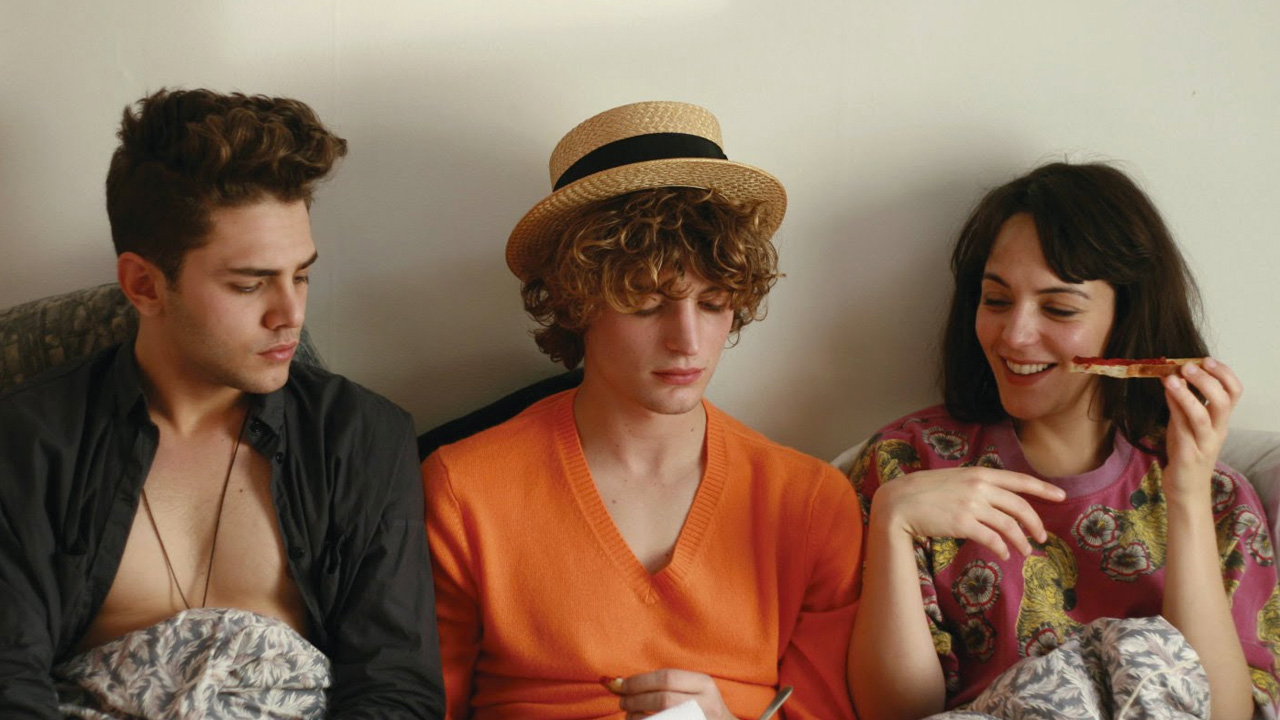
Francis (Xavier Dolan) and Marie (Monia Chokri) are longtime friends. One day, at a dinner party, they meet Nicolas (Niels Schneider), a charming young man who’s just moved to Montreal. He has the look of one who’s just fallen from Heaven, with his curly, blond hair, angelic smile and brainy vocabulary: just like that, he becomes the object of desire of both the boy and the girl, dangerously undermining their friendship.
Quote
NICOLAS: You have a big bed, right?
FRANCIS: Yeah, I have a big bed. You can sleep here. We’ll just… We’ll just squeeze in.
NICOLAS: Thanks, man.
MARIE: Shotgun the side.
FRANCIS: I hate the middle, too.
NICOLAS: No sweat. I like the middle.
Song
“Pass This On” by The Knife
“Laurence Anyways”
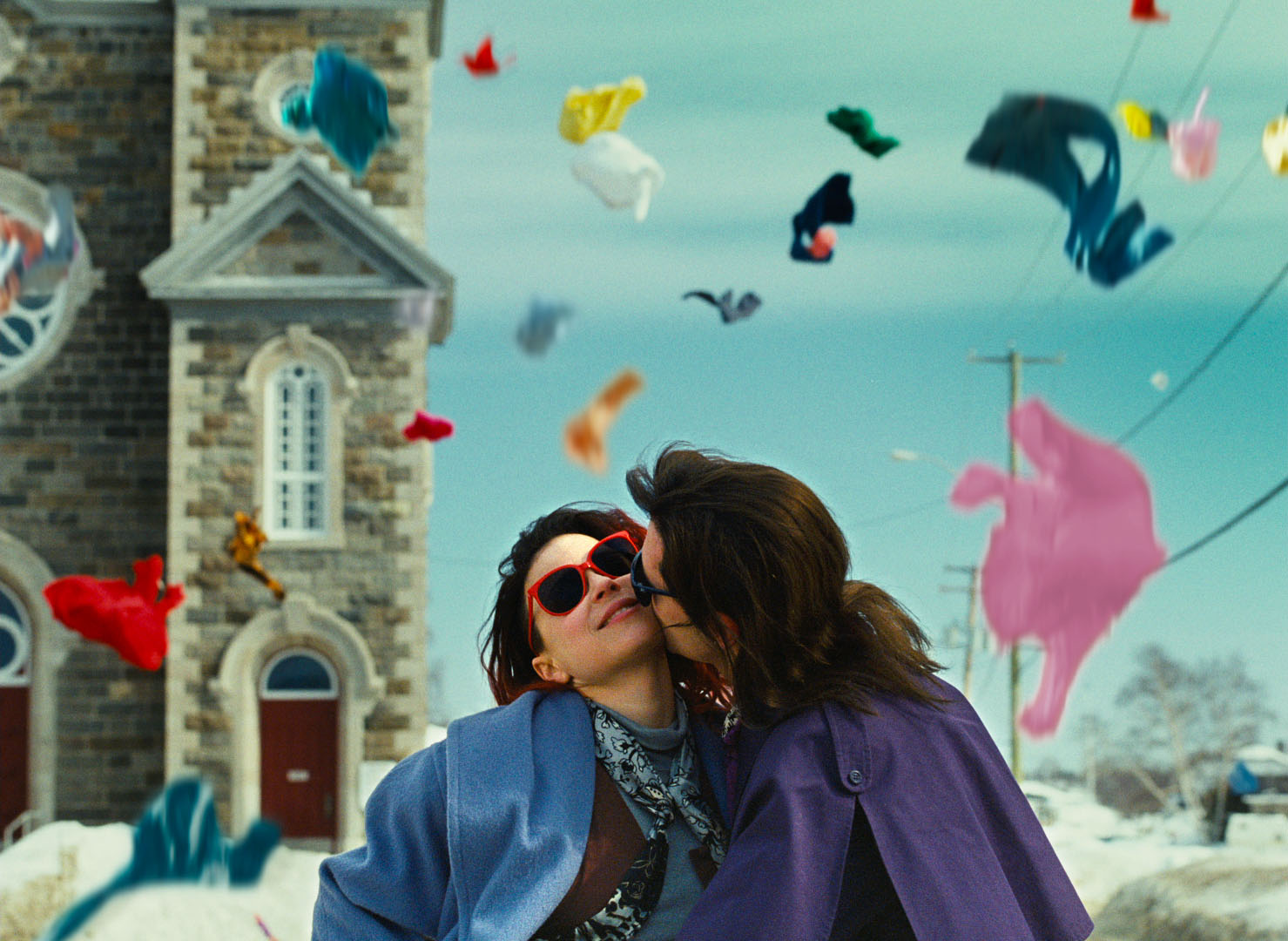
Laurence Alia (Melvil Poupaud) is a successful writer. She’s giving a skeptic journalist an exclusive one-on-one about her life-experience and rise to success, but the lady seems incapable of looking at her in the eye: she sees nothing but an inexplicably well-established “she” who was previously a “he,” a phenomenon sitting there opposite her. The fact remains, however, that her story and the story of her partner Fred (Suzanne Clément) and how they got rid of a life of lies are objectively worth-listening.
Quote
JOURNALIST: What are you looking for, Laurence Alia?
LAURENCE: I’m looking for a person who understands my language and speaks it. A person who, without being a pariah, will question not only the rights and the value of the marginalized, but also those of the people who claim to be normal.
Song
“The Chauffeur” by Duran Duran
“Tom at the Farm”
(“Tom à la ferme”)

The young and brilliant copywriter Tom (Xavier Dolan) has to travel from Montreal to the village of his boyfriend Guillaume, who recently died of an unspecified accident. When he gets there, on the day of the funeral, an unpleasant surprise sneaks up on him: Tom meets the enigmatic Agathe (Lise Roy), Guillaume’s mother, and finds out that she knows nothing about her son’s homosexuality, while, as for him, he’s bound to keep his dead partner’s sexual life a secret from both Agathe and the rest of the village, or Francis (Pierre-Yves Cardinal), Guillaume’s brother, will make him pay the price.
Quote
AGATHE: Why did my son stop visiting? Why didn’t he call or write anymore? What kind of accident was it? Who was he with? How did it happen? Where? When? Nobody dies at twenty-five! No one!
Song
“Diferente” by Gotan Project
“Mommy”
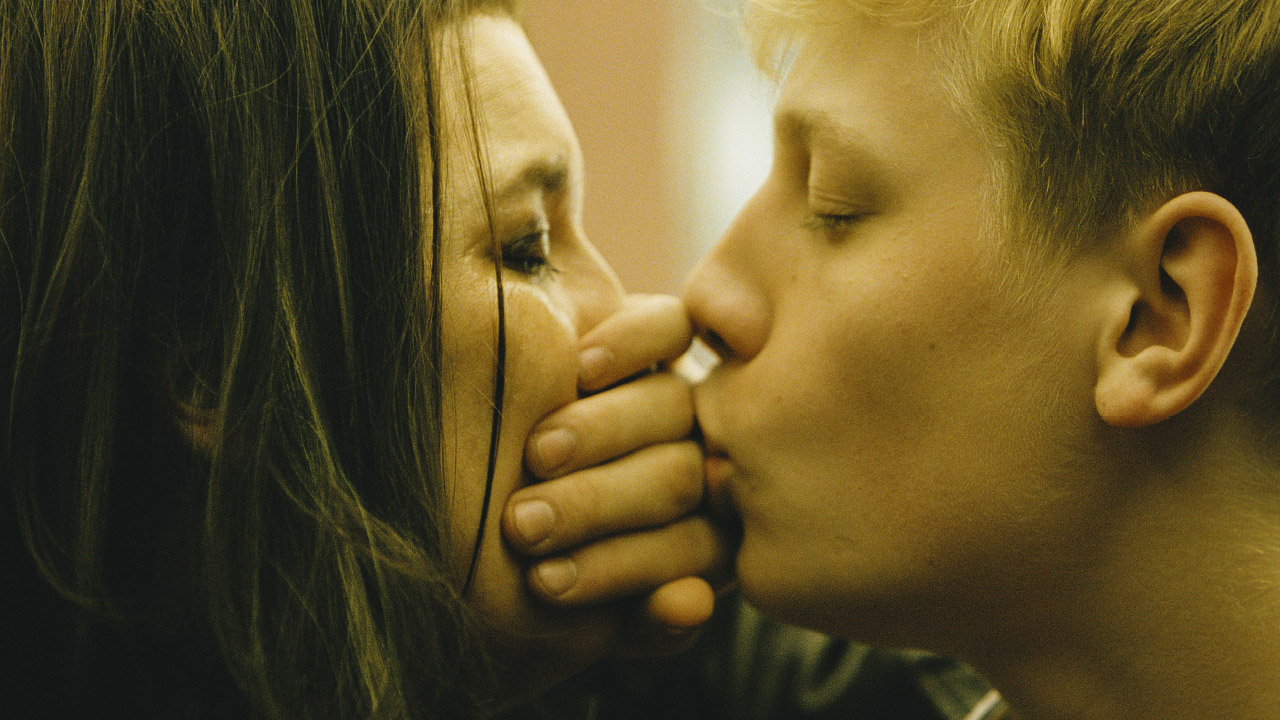
Diane (Anne Dorval) is a single mother with a sassy, aggressive look: she smokes a lot, she’s foul-mouthed, she’s disorganized, a woman with self-control issues and trouble in the managing of her own life. Steve (Antoine Olivier Pilon), her son, is exactly like her, only on a pathological level: he has a mental disorder that makes him unmanageable when under stress and violent when upset. Once out of the asylum and back home with his mother, Steve switches between times when he’s all funny and loving, and times when he’s moody and dangerous, until things take a strange turn with the arrival of Kyle (Suzanne Clément), a stutterer and seemingly submissive new neighbor.
Quote
STEVE: We still love each other, right?
DIANE: That’s what we’re best at, buddy.
Song
“Wonderwall” by Oasis
“It’s Only the End of the World”
(“Juste la fin du monde”)

Louis (Gaspard Ulliel) is a rich and famous writer who just got back to his hometown after 12 years of absence. His mother (Nathalie Baye) worships him; Suzanne, his younger sister (Léa Seydoux), mythologizes him; Antoine, his older brother (Vincent Cassel), hates him, despite his wife’s (Marion Cotillard) efforts to make him change his mind: he could never forgive his brother’s runaway. But Louis is home again for a reason: he’s ill and he’s about to die and needs his family to know. Repressed conflicts come all out at once during a weekend which was supposed to be quiet and pleasant, but in the end, turns into the trigger for a big family drama.
Quote
SUZANNE: It sucks that you left…Sucks for me, for her, Antoine. For you too, right? You don’t have to answer. But maybe you regret it too? Maybe you needed us? I… I’m sorry.
LOUIS: That’s why I’m here. Partly.
Song
“Dragostea Din Tei” by O-Zone

